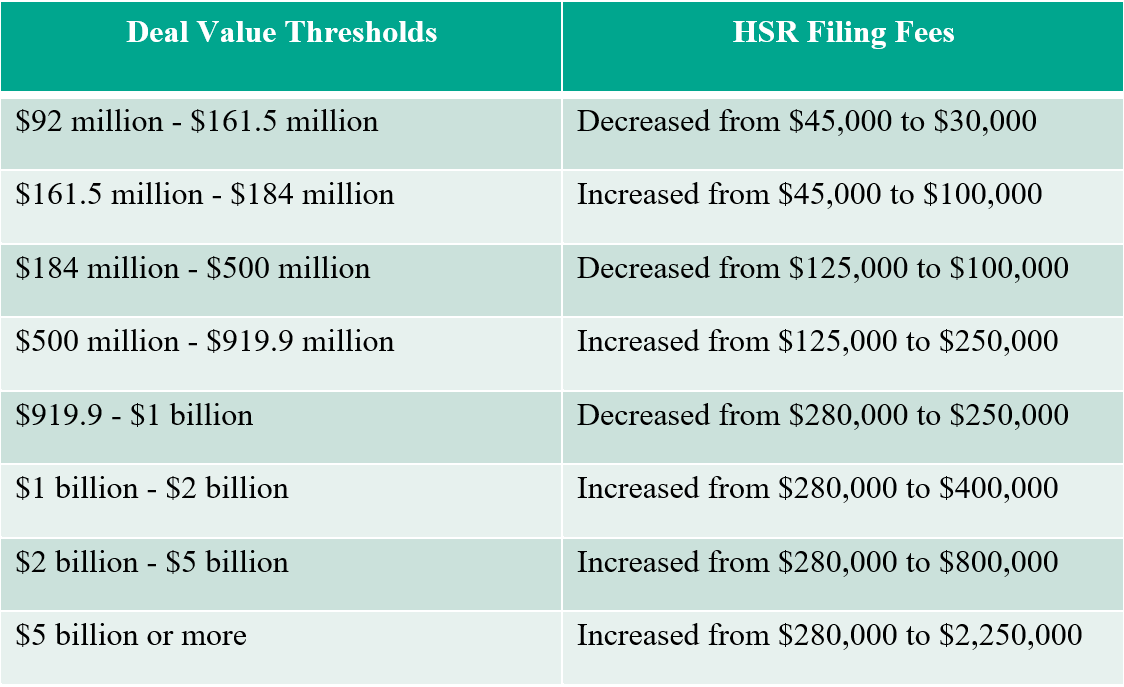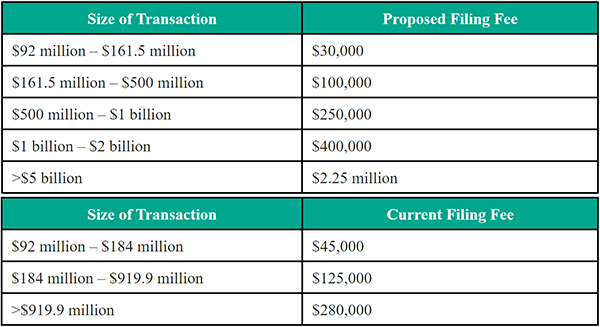The Federal Trade Commission (FTC) announced this week that its Premerger Notification Office (PNO), along with the Department of Justice Antitrust Division Premerger Office, will remain open under modified conditions to accept and process Hart-Scott-Rodino (HSR) premerger notification filings in the event of a US federal government shutdown.
While PNO staff will only be online from 9 am to 1 pm Eastern Daylight Time (ET) during each business day, HSR filings may be submitted at any time (and as is customary, those filings submitted before 5 pm ET on any given business day will be treated as filed that day, while those submitted after 5 pm ET will be treated as filed on the next regular business day).
The PNO also said that HSR waiting periods will be unaffected and will run as usual.
What this meansThe HSR Act requires that parties subject to the Act must wait 30 days before closing their transaction. This waiting period provides the antitrust agencies time to determine whether to challenge a transaction prior to closing. While the agencies’ continued acceptance of HSR filings during the shutdown is a welcome development – especially given the increased cost and burden of preparing and filing the new HSR forms – the FTC’s announcement and shutdown plan provide limited detail regarding premerger investigations. However, the shutdown plan states that the FTC will except from furlough those lawyers, economists, and support staff necessary to continue premerger investigations to protect the government’s interest. We will provide updates if and when we learn more.
read more


 Subscribe
Subscribe


